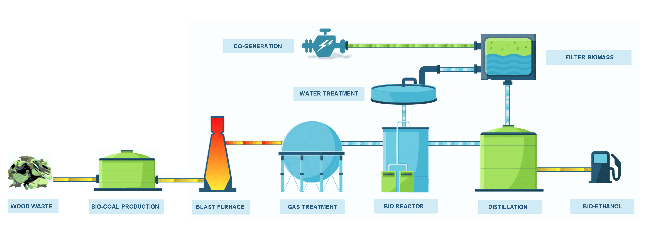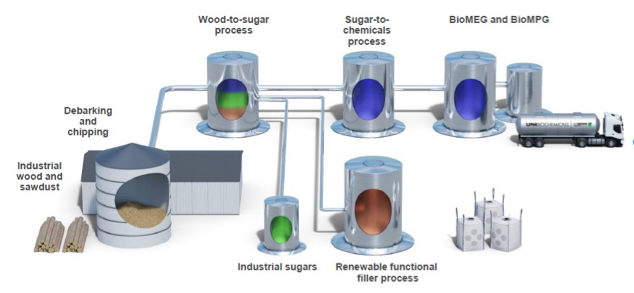New Publication – ExCo86 eWorkshop: Contribution of sustainable biomass and bioenergy in industry transitions towards a circular economy – Summary and conclusions
This publication provides the summary and conclusions from the eWorkshop ‘Contribution of sustainable biomass and bioenergy in industry transitions towards a circular economy’ held in conjunction with the Virtual meeting of the Executive Committee of IEA Bioenergy on 19-20 October 2020. Key messages from this workshop:
- Biomass is a key component to reduce the climate impact of industries, next to electrification, hydrogen & CCUS (carbon capture and utilisation/storage). It is important to increase awareness of the role of biomass and bioenergy, both to industry and authorities.
- Industries need to take a long-term perspective and make real engagements towards net carbon neutrality
- The main challenge is the low cost of fossil alternatives (if carbon cost is not accounted for)
- A correct and global CO2 price for fossil resources would be needed. In the absence of a global carbon price regime, other policy options need to be implemented
- Due to different stages of development (also for biobased products), support for research, development and demonstration projects and de-risking measures for pre-commercial investments are required
- Availability and access to biomass is crucial to increase the role of biomass in industry transitions
- This requires mobilizing biobased resources – also taking into account potential other uses – and setting up sustainable biomass supply chains
- Medium scale industries can often match their biomass demand to regionally available biomass
- Energy intensive industries need to look more widely for their feedstock sourcing and consider combinations with other solutions (e.g. electrification, hydrogen, CCUS) to further reduce their carbon footprint
- Specific market strategies can be applied for low-carbon and biobased products, based on strong and credible green labels. Brand owners can also create a market pull, by requiring inputs with low carbon footprint to reduce their own carbon footprint





